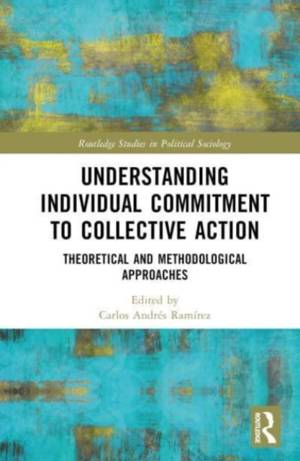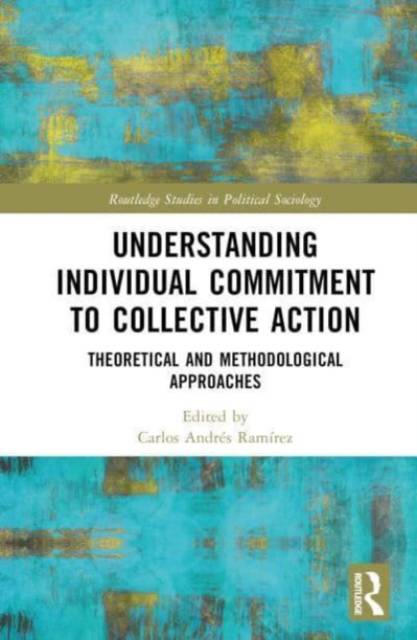
- Retrait gratuit dans votre magasin Club
- 7.000.000 titres dans notre catalogue
- Payer en toute sécurité
- Toujours un magasin près de chez vous
- Retrait gratuit dans votre magasin Club
- 7.000.000 titres dans notre catalogue
- Payer en toute sécurité
- Toujours un magasin près de chez vous
Understanding Individual Commitment to Collective Action
Theoretical and Methodological Approaches
Description
When speaking colloquially of political participation or civic action, one thinks, in the first instance, of groups and organizations such as political parties, social movements or various types of voluntary associations. The perspective of individuals is not the first thing that comes to mind when seeking to understand their functioning. In contrast to this vision, understanding the dynamics of participation requires taking a closer look at the individual, that is, at his or her moral dispositions and projects, his or her multiple and simultaneous identities, the breaking points in his or her biographical trajectory, the roles he or she adopts in an organization or the styles of communication which he or she uses. The book comprises a variety of case studies and theoretical and methodological contributions that, independent of rational choice theories, seek to understand collective action at the level of the individual and, in doing so, to articulate the various fields of study in this regard with the singularity of biographies and the reflective personal identities that characterize contemporary individualism.
Spécifications
Parties prenantes
- Editeur:
Contenu
- Nombre de pages :
- 216
- Langue:
- Anglais
- Collection :
Caractéristiques
- EAN:
- 9781032458250
- Date de parution :
- 01-09-23
- Format:
- Livre relié
- Format numérique:
- Genaaid
- Dimensions :
- 156 mm x 234 mm
- Poids :
- 498 g






